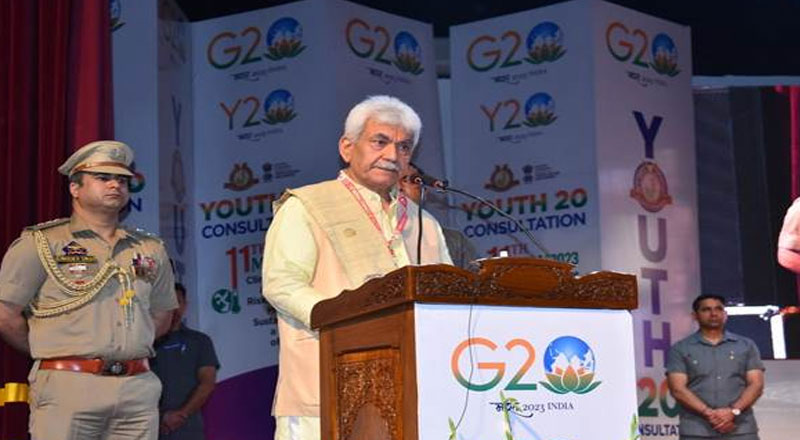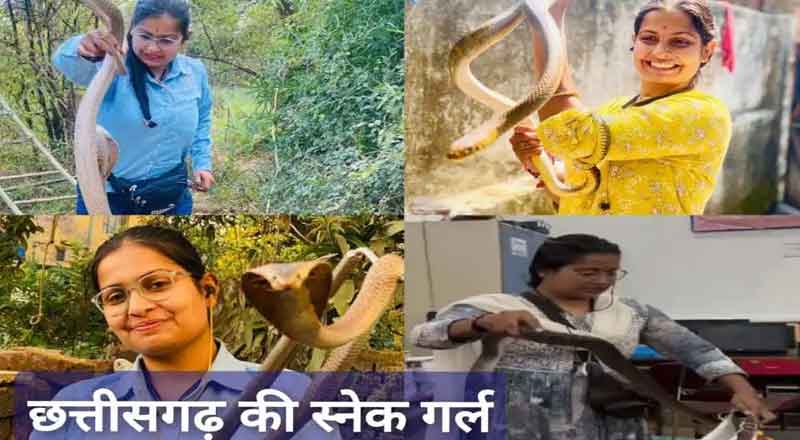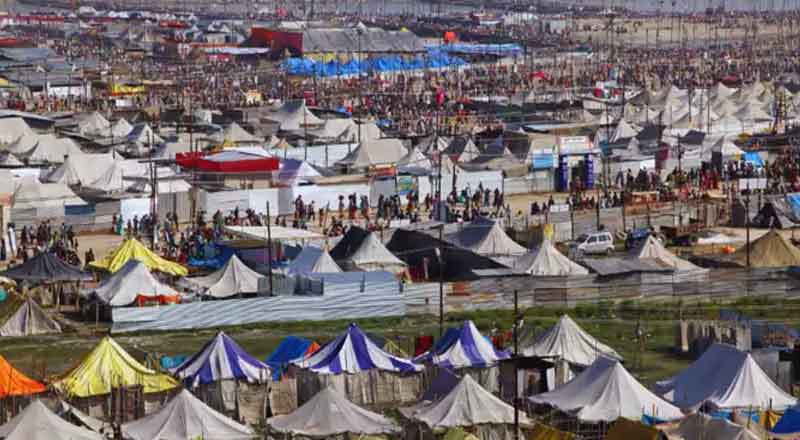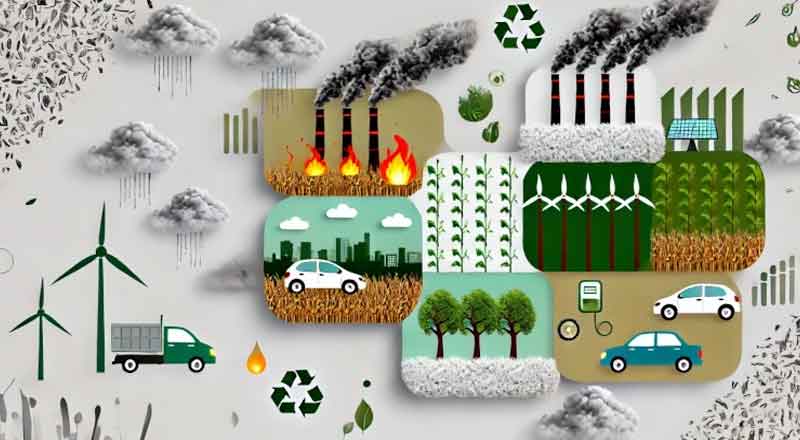As a part of India’s G20 Presidency, the Youth 20 (Y20) group’s Y20 Consultation was held at University of Kashmir from 10th – 11th May, 2023 to consult the youth of the nation on ideas for a better tomorrow and draft an agenda for action on ‘Climate Change and Disaster Risk Reduction: Making Sustainability a Way of Life’, one of the five Y20 themes.
The Y20 Consultation was inaugurated by Shri Manoj Sinha, Hon’ble Lieutenant Governor, JKUT and Chancellor, University of Kashmir. It was also graced by the presence of Sh. Rajeev Rai Bhatnagar, Advisor to Hon’ble Lieutenant Governor, J&K; Sh. Pankaj Kumar Singh, Director, Department of Youth Affairs, GOI; Prof. Nilofer Khan, Hon’ble Vice Chancellor, University of Kashmir; Prof Manzoor A. Shah, Y20 Chair, University of Kashmir and Sh. Guru Prakash Paswan, Sr. Faculty, Patna University.
17 Youth delegates from G20 countries like Indonesia, Mexico, Turkey, Russia, Japan, Republic of Korea, United States, Brazil and Nigeria participated in the two-day Y20 Consultation at University of Kashmir in Srinagar, Jammu and Kashmir.
108 students from University of Kashmir, 34 students from schools around J&K, 57 students from colleges around Srinagar, 11 students colleges and universities in Jammu, 33 DoYA delegates, 25 Y20 Secretariat delegates and 25 student activists also participated in the Y20 Consultation.
On 10thMay, a heritage tour to Mughal Garden Nishat and Pari Mahal was organised by the University followed by a group dinner.
On 11thMay 2023, the Y20 Consultation witnessed a healthy and interactive dialogue with all delegates present at the University’s Convocation Complex. As a part of the inaugural session, welcome address was delivered by Prof. Manzoor A. Shah, where he spelt out the broad objectives of the Y20 Consultation’. It was followed by an address by Sh. Pankaj Kumar where he provided a brief context of Y20, which set the tone of the Y20 Consultation.
Sh. Guru Prakash Paswan, in his remarks, highlighted the importance of the Y20 Consultation. “The new capital is not going to be the economic capital alone; it is going to be the social capital and the capital of ideas. And Youth20 is one such platform for youth to share their ideas and contribute to policymaking on the important themes chosen for Y20 Consultation.”
Sh. Akash Jha, Secretary, Y20 India also spoke on the occasion and mentioned that “it is important that the voice of youth should be heard in such global decisions because it impacts the youth stakeholders the most. India’s Presidency has not been confined these discussions to the elite class, it is a people’s Presidency where Y20 is a leading partner.”
Prof. Nilofer Khan, Hon’ble Vice Chancellor, in her address said the University of Kashmir chose the theme of climate change for Y20 Consultation “because if anyone has more at stake in this fight against climate crisis, it is the youth. And if anyone can strongly help address this crisis, it is the youth who are the future of the nation.” She thanked the Honourable Prime Minister Shri Narendra Modi, Honourable Minister of Youth Affairs and Sports, Shri Anurag Thakur, and Chancellor Shri Manoj Sinha for giving the University a chance to be part of country G20 Presidency through the Y20 platform.
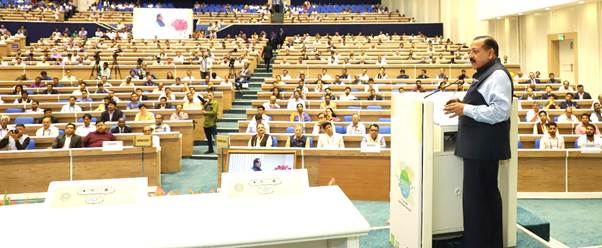
It was followed by an address by Sh. Rajeev Rai Bhatnagar, who said that G20 Presidency gives every citizen of the country an occasion to celebrate India’s place in the world order. “Youth hold the key to the future as well as the present. It is critical to join hands to be able to achieve the goals that have been set forth and G20 is an opportunity to make planet Earth a safer place to live in. He said there is a greater emphasis on youth involvement in the G20 Presidency to address critical issues like climate change.”
Sh. Manoj Sinha, Lieutenant Governor, UT of Jammu & Kashmir and Chancellor of University of Kashmir in his presidential address said the vision of India’s G20 Presidency is the vision for future of humanity. “The theme One Earth, One Family, One Future is the vision of shared responsibility to tackle two great challenges of next 25 years i.e. protecting the climate and promoting sustainable development.”
He said the Honourable Prime Minister has made it clear that climate change cannot be fought from conference tables alone and it has to be fought from the dinner tables of every home.
“India can really show to the world how to build a sustainable society—the society of an economic power house and that of restoring the delicate balance of nature,” the LG said, calling upon youth to ensure that ideas for conservation of nature are translated into action and that they contribute to a better world by synergising their ideas with action.
“I am happy about the way the University of Kashmir has organised this important programme. For this I convey my heartfelt congratulations to the Vice-Chancellor and whole University family,” he said.
Four panel discussions were held on the theme: ‘Climate Change and Disaster Risk Reduction: Making Sustainability a Way of Life’.
First plenary session was held on the theme ‘Impact of Climate Change on Biodiversity and Human Well-Being’, which was moderated by Prof. Shakil A. Romshoo, Vice Chancellor, Islamic University of Science and Technology, J&K.
Speakers in this panel included Dr. Robert Pal(Montana Technological University, USA) USA highlighted that the climate change is impacting biodiversity in multiple ways. He stressed upon devising ecological restoration strategies based on the multiple species, rather than monoculture plantations. Dr. Ruchhit RD (National Institute of Oceanography, Goa, India) talked about the increasing incidence of extreme rainfall events seen in Indian Monsoon. He called for awareness among the farmers, particularly reorienting the sowing season as per changing climatic patterns. Dr. Wazida Rahman (Rajiv Gandhi National University of Law, Punjab, India) talked about the concept of environmental justice, which is akin to climate justice pitched by India vociferously during recent negotiations at multilateral forums.
Dr Remya, from Amrita Vishwa Vidyapeetham, Kerala, India spoke on the issue of glacier melting in the Himalayas. She informed that fast pace of snow melting has resulted into drastic decline of agricultural production in the hilly and downstream plain areas. Shri Ghulam Mustafa Ali, a student activist, cautioned about the likely impacts of climate change and biodiversity loss on the tourism section in the region. He called for efforts to be made towards a sustainable and responsible tourism by taking into consideration the carrying capacity of the tourism destinations.
The second plenary session was held on the theme of ‘Disaster Risk Reduction for Safe Tomorrow’, which was moderated by Prof. M. Sultan Bhat, University of Kashmir, J&K. Speakers in the panel included Dr. Akhilesh Surjan (Charles Darwin University, Australia); Dr. Ajanta Goswami (Indian Institute of Technology, Roorkee, India); Dr Ashim Sattar (Indian Institute of Science, Bengaluru, India; Dr Sandip Singh (Lovely Professional University, Punjab, India) and Ms Farhana Bhat, an alumnus from University of Kashmir. It was a very engaging session on diverse aspects of the theme.
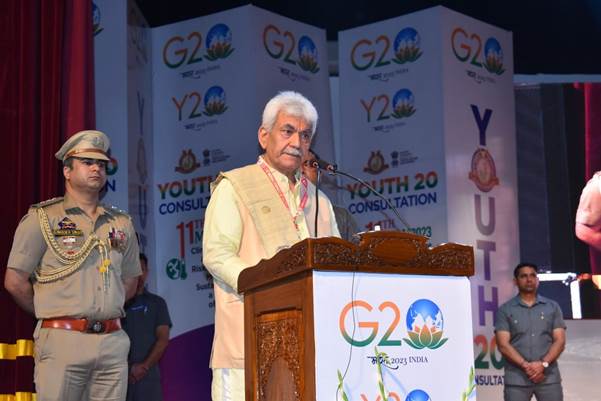
The third plenary session was on the theme ‘Green Energy- Innovations and Opportunities’, which was moderated by Prof. Seemin Rubab, National Institute of Technology, Srinagar, India. The panellists were Dr. Akhilesh Surjan (Charles Darwin University, Australia); Dr. Siddhartha Khare (IIT, Roorkee, India); Dr. Sharmistha Banerjee (IIT Guwahati, India), Prasiddhi Singh, social entrepreneur and environmental activist and Shri Vikas Pandey, entrepreneur with expertise on clean energy, who discussed very important aspects related to the theme and gave their valuable inputs.
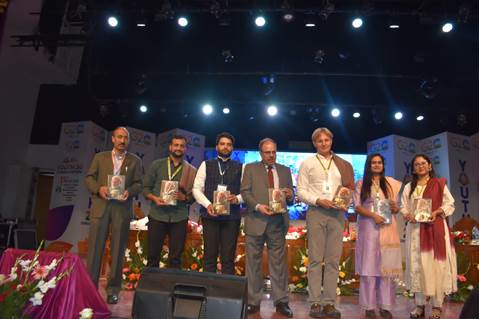
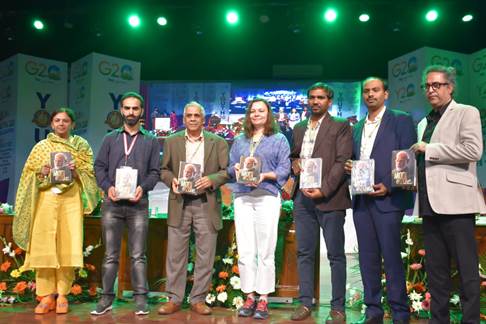
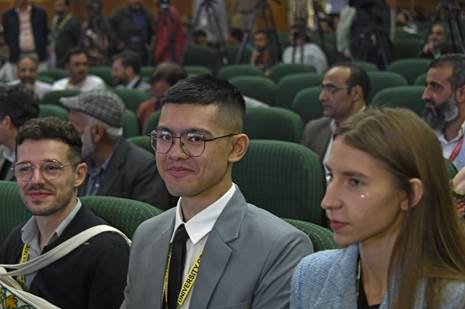
The fourth plenary session was held on the theme ‘Water Resources: Challenges and Prospects’, which was moderated by Dr. G. Balachander, Krishi Bounty Biotech, Nandi Hills, Bangalore. The panellist were: Dr. Julia Osterman (University of Gothenburg, Sweden); Dr. Vamsi Krishna Vema (NIT, Warangal, Telangana, India); Dr. Sunil Gurrapu (National Institute of Hydrology, Roorkee, Uttarakhand); Dr. Shruti Singh (Sharda University, U.P, India) and Shri Khalid Jehangir (Chairman, ICPS, Srinagar). The session saw insightful discussions on the theme with critical interventions by the panellists.
Y20 Consultation at University of Kashmir was a successful event. It showcased policy measures ideated by the youth.The concluding ceremony ended with distribution of awards and certificates to the winners of poster and painting competition. It also included concluding remarks by Hon’ble VC Prof. Nilofer Khan, which was followed by an evening of enthralling performances that represented the local culture of Jammu and Kashmir.
A Sustainability Exhibition, live paining and poster competitions were organised by the University as part of the Y20 event. The Y20 Chronicle of the University and Youth20 and Urban 20 Integration were launched during the inaugural session.
Prof Parvez Ahmad from University of Kashmir delivered a formal vote of thanks.


